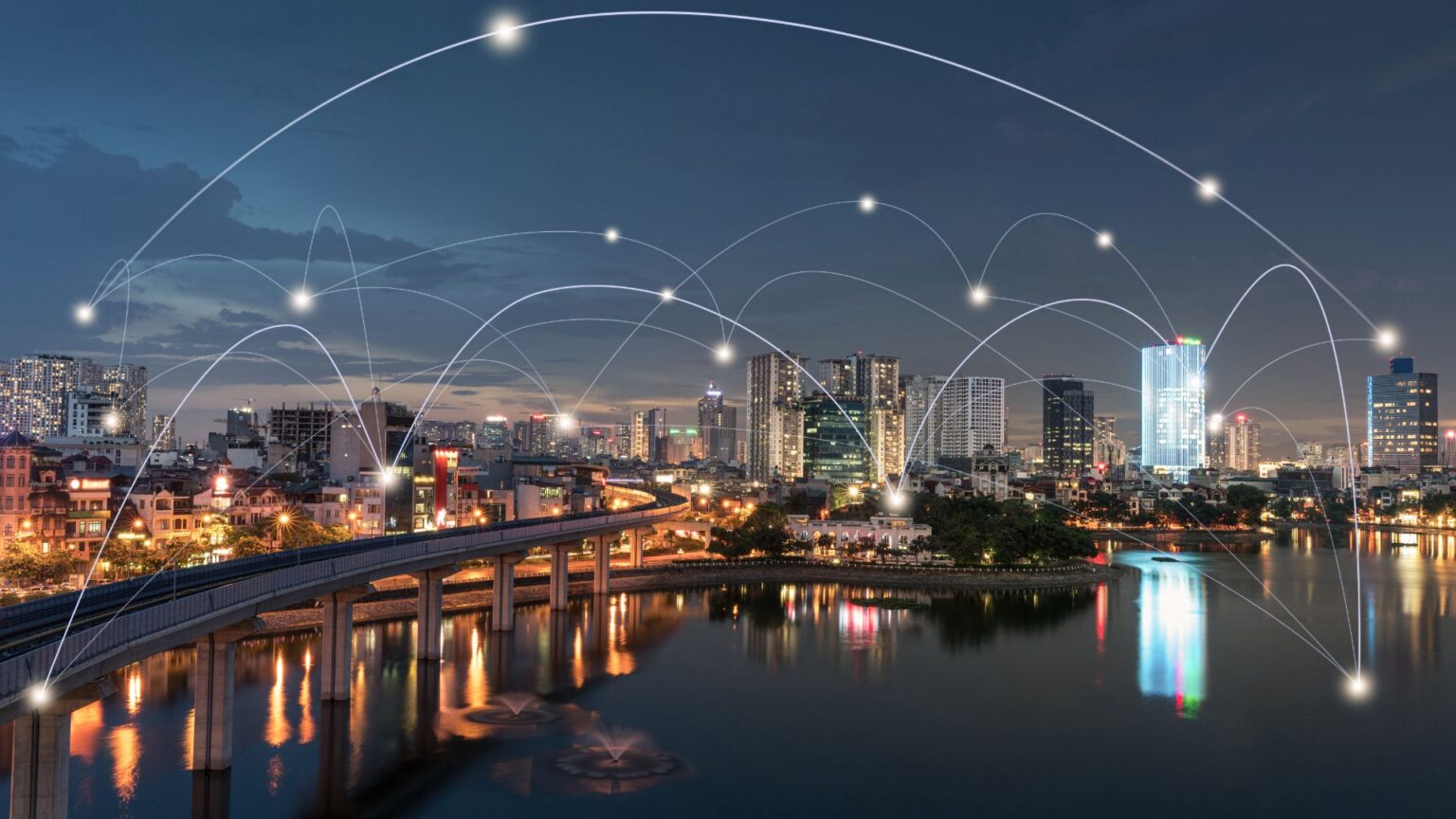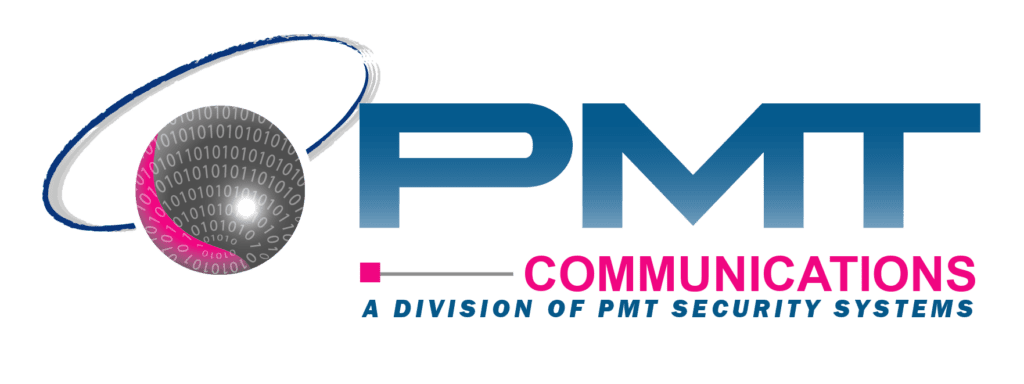
Connected Buildings, Connected Lives: The Future of Smart Infrastructure
In today’s digital-first world, connectivity has become the “fourth utility” — as essential to modern life as water, gas, and electricity. For developers, facility managers, and tenants across Australia, reliable communication infrastructure is no longer a luxury but a fundamental expectation. As smart cities evolve, the focus is shifting from building individual systems to creating connected ecosystems powered by smart building communications, DAS, and advanced IoT infrastructure.
DAS: Keeping People Connected Indoors
One of the biggest challenges in modern buildings is maintaining strong and consistent mobile coverage. Steel, glass, and concrete can weaken signals, leaving tenants and visitors frustrated. This is where Distributed Antenna Systems (DAS) are proving vital.
DAS works by redistributing cellular signals throughout a building, ensuring seamless connectivity in basements, lifts, car parks, and other hard-to-reach areas. For workplaces, retail centres, hospitals, and stadiums, strong in-building coverage translates into enhanced safety, productivity, and customer satisfaction. In Australia especially, where reliable mobile connectivity is critical during emergencies, DAS is more than convenience — it’s resilience.
Smarter Buildings Through IoT Integration
- Smarter energy use through real-time monitoring of lighting, HVAC, and water systems.
- Predictive maintenance as sensors track equipment performance, identifying issues before costly breakdowns.
- Unified building automation with connected devices controlling lighting, temperature, and occupancy for efficiency and comfort.
Security and Access Control in the Connected Era
- Biometric access control that eliminates reliance on swipe cards or PINs.
- Cloud-based CCTV monitoring integrated with other building systems for real-time alerts.
- Lone worker protection leveraging wireless networks to provide direct safety communications for at-risk staff.
The Future: Integrated, Not Siloed
The future of Australian infrastructure lies in integration, not siloed technologies. Instead of separately managing mobile coverage, IoT systems, and security platforms, the next generation of smart buildings will converge these capabilities into one intelligent environment.
At the heart of this shift are companies like PMT, enabling developers and organisations to build ecosystems where connectivity is embedded from the ground up. By treating communications infrastructure as a utility, PMT makes it possible for buildings to evolve with technology and for people to thrive in safer, more efficient, and more connected spaces.
If you’re planning a new project or looking to upgrade existing facilities, PMT Communications can help design and deliver the right solution — from in-building mobile coverage and IoT integration to advanced security and access control.
Contact our team today to explore how we can future-proof your building and keep your people connected.
